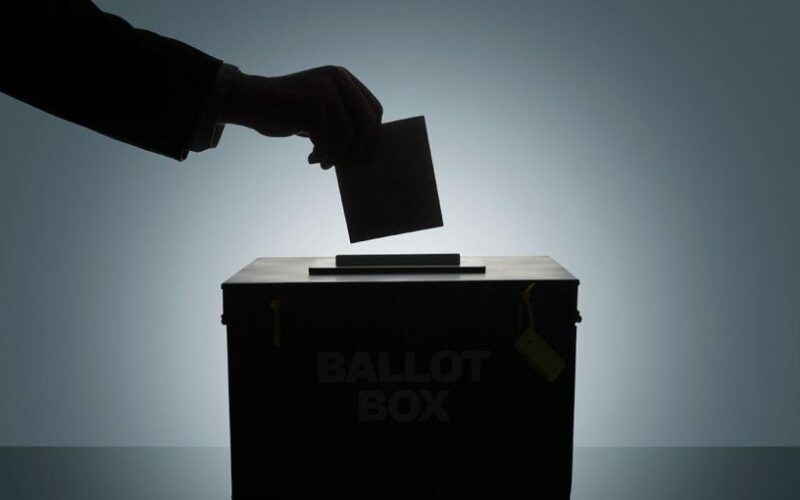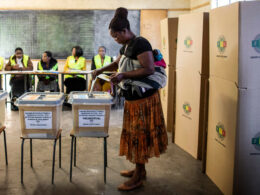By Lance Mpofu
Claim: Some Zimbabweans in the diaspora can vote, while others are denied that right.
The Electoral Act states that only Zimbabwean citizens who are on diplomatic missions,
civil servants and members of the armed forces on external missions may vote
from abroad. This legal requirement effectively disenfranchises millions of Zimbabwean citizens who live and work in other countries.
Postal voting applies to persons who are ordinarily resident in Zimbabwe and are registered voters on the voters’ roll but are outside the country because their duties require that they be outside Zimbabwe on polling day. This is a class of people deemed not to have made a conscious decision to leave the country but do so on national duty.
Why can other people in the diaspora not vote?
In its founding values, the Constitution of Zimbabwe Amendment (No 20) ACT s3, Founding Values and Principles, subsection 2(a-c)) states that the electoral system is based on universal adult suffrage and equality of votes; free fair and regular elections; and adequate representation of the electorate.
The Constitution states that citizens who have reached the age of 18 years may vote. However, section (23) of the Electoral Act suggests that for citizens to register to vote they must fulfill the residency requirement for registration.
What is the residency requirement for registration?
The Electoral Act (section 23) requires that citizens must satisfy the residence qualification, which means that an aspiring voter must be resident in that constituency at the date of his or her claim for registration. Citizens in the diaspora do not satisfy this requirement.








